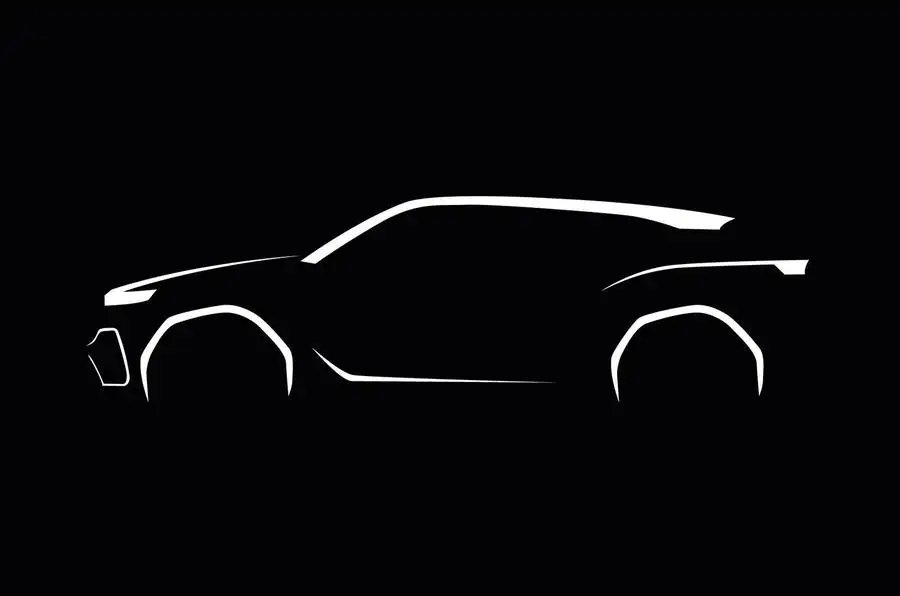Anglo-Moroccan firm targets global growth with electric SUV

Anglo-Moroccan start-up the Atlas E-Mobility Group has announced its plans to develop and launch a premium electric SUV by 2026.
The as-yet-unnamed EV will be a “simple but also functional” car inspired by “Moroccan design and identity”, co-founder and CEO Mohammed Yehya El Bakkali told Autocar.
He said it will “only use the technologies that actually the consumer needs and looks for", adding: "Anything that's unnecessary will be cut off.”
Atlas will initially target the European, African and Middle Eastern markets, aiming to capture the attention of middle-class buyers.
As such, its first car is expected to be pitched against the likes of the BMW iX1, Mercedes-Benz EQA and Tesla Model Y, priced at around the £40,000-£50,000 mark.
Atlas also plans to launch its own EV charging infrastructure, à la Tesla, which will “come first, before having the actual product on the market”.
The firm will use off-the-shelf parts from OEMs and manufacture the car in Morocco in a bid to cut costs and push to profitability in an increasingly challenging market.
El Bakkali explained: “The first thing is technology development – R&D cost. In our case, our R&D expenditure will be as little as 5% of the total investment. We're not developing everything ourselves, but we’re capitalising on expertise, knowhow and technologies that have already been developed by other OEMs and other companies.
“We make an assembly in the first stages of what's already available and we try to go with the most cost-efficient approach.
“The second contributing cost of EV manufacturing is electricity. And electricity tends to be very expensive in certain markets, but [around 50% of electricity in Morocco comes from renewable energy]. So Morocco is already good in renewable energy, and the cost of electricity will be lower to run the factory and so on.
“[Another perk is] accessibility to raw materials in a very cost-efficient way – also the entire supply chain. So we want to use that as an advantage.
“The labour cost [is also low]. The labour cost in Morocco is 20% of the European labour; the minimum wage is about $300 a month compared to $1000 or above in Europe.”
An automotive supply chain already exists in Morocco, with major players including the Renault Group having established factories in the North African nation. It builds the Dacia Sandero in Tangier and Dacia Jogger production will move to the plant around mid-2024.
El Bakkali said Atlas is discussing the prospect of platform sharing with a variety of manufacturers but that it's too early to name any particular partners.
Likewise, conversations concerning further investment are progressing but aren't yet at an advanced stage.
Asked why Atlas has chosen to enter the notoriously difficult car industry, El Bakkali, whose background is in the commercial sector, said: “The thing about cars is that they speak emotions; it’s something that's very passionate.
“We want to create something that makes African people proud. Not many people have done this before. We will be the first company to [build and design an electric car in Africa]. That brings a lot of pride and fulfilment to the people.”
Related News


